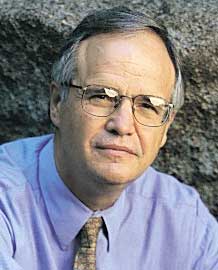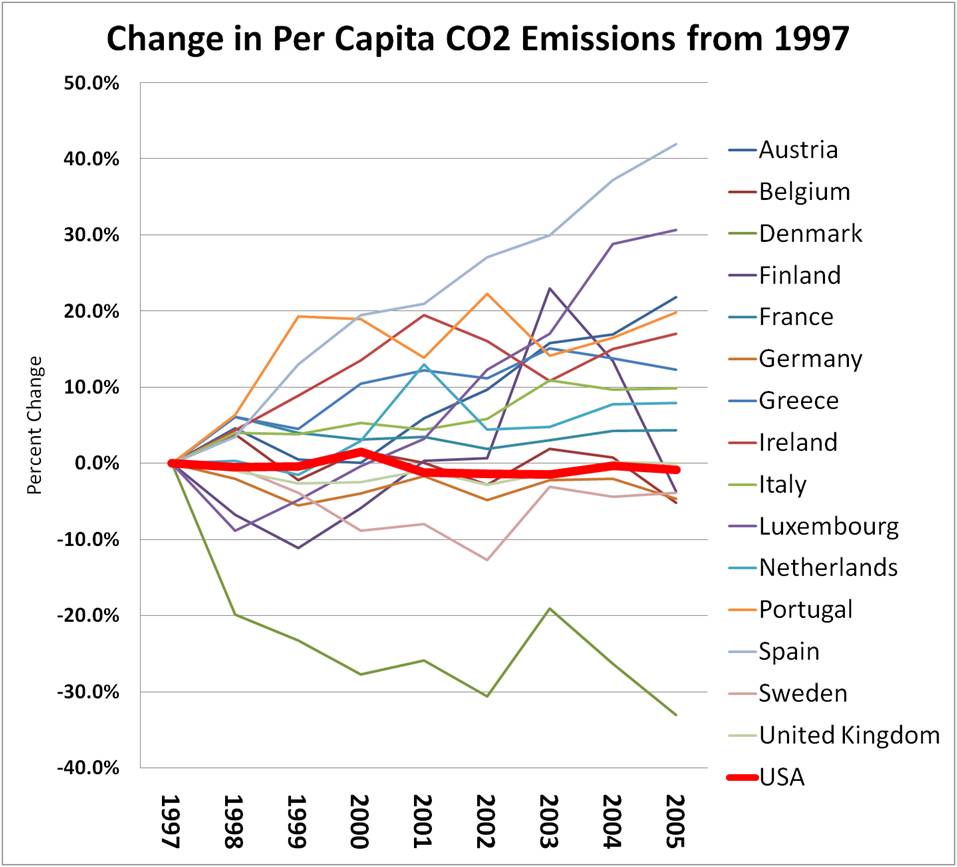Is the “Death of Environmentalism” becoming mainstream environmentalism?
October 23rd, 2008Posted by: admin
 James “Gus” Speth just published an article in Yale Environment 360 critical of modern environmentalism. Speth’s argument is particularly notable due to his prominence within mainstream environmentalism. Gus founded the World Resources Institute (WRI), co-founded the Natural Resources Defense Council (NRDC), and is currently the dean of Yale University’s School of Forestry and Environmental Studies. Speth is careful to highlight the successes of the past, but argues environmentalism must develop a new politics to succeed. Sound familiar?
James “Gus” Speth just published an article in Yale Environment 360 critical of modern environmentalism. Speth’s argument is particularly notable due to his prominence within mainstream environmentalism. Gus founded the World Resources Institute (WRI), co-founded the Natural Resources Defense Council (NRDC), and is currently the dean of Yale University’s School of Forestry and Environmental Studies. Speth is careful to highlight the successes of the past, but argues environmentalism must develop a new politics to succeed. Sound familiar?
A specter is haunting American environmentalism — the specter of failure.
All of us who have been part of the environmental movement in the United States must now face up to a deeply troubling paradox: Our environmental organizations have grown in strength and sophistication, but the environment has continued to go downhill, to the point that the prospect of a ruined planet is now very real. How could this have happened?
Before addressing this question and what can be done to correct it, two points must be made. First, one shudders to think what the world would look like today without the efforts of environmental groups and their hard-won victories in recent decades. However serious our environmental challenges, they would be much more so had not these people taken a stand in countless ways. And second, despite their limitations, the approaches of modern-day environmentalism remain essential: Right now, they are the tools readily at hand with which to address many pressing problems, including global warming and climate disruption. Despite the critique of American environmentalism that follows, these points remain valid…

